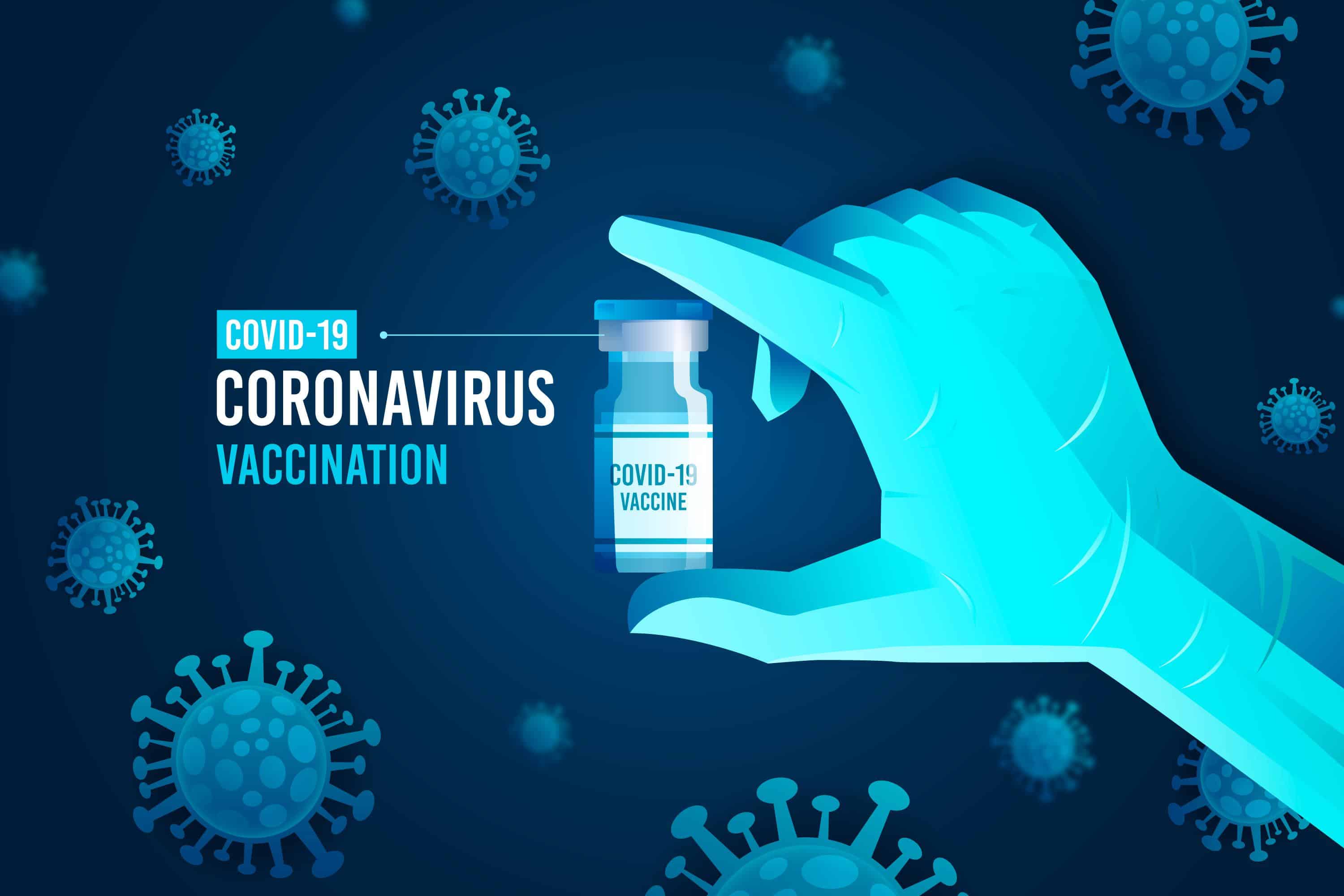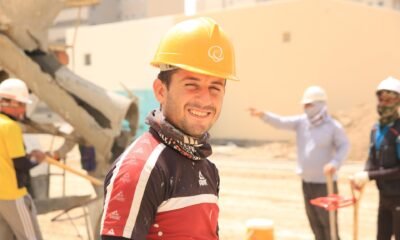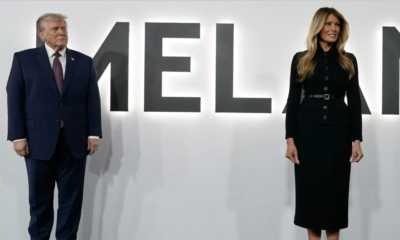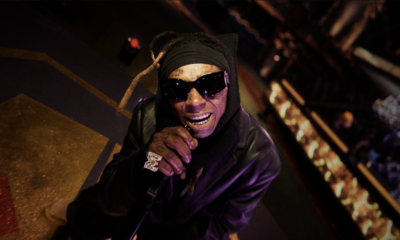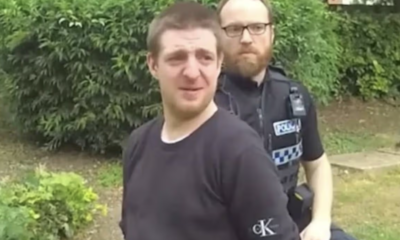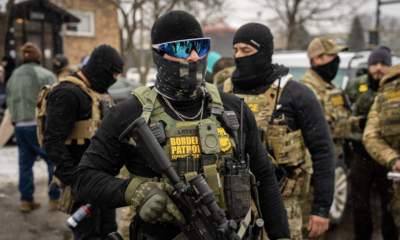Health
Government identifying facilities to create hubs for COVID-19 vaccine storage
The government is identifying facilities to create hubs for COVID-19 vaccine storage, with focus on maintaining cold storage. Most vaccines require to be stored and distributed at a fixed temperature.
India has about 27,000 vaccine storage centers across all 700 plus districts that are connected through eVIN, with about 50,000 temperature loggers to monitor storage temperatures as accurately as possible for at least 40,000 frontline workers to manage logistics. Raghavan Varadarajan, professor at the Indian Institute of Science (IISc) in Bengaluru, explained that all vaccines need to be transported at cold temperatures usually between two and eight degrees Celsius. He said the necessity is to keep the vaccine product cold, either refrigerated or frozen. “This is a constraint especially with large numbers of doses. Many vaccines lose potency when exposed to higher temperatures,” the professor pointed out.
There are subgroups, under the National Expert Group on Vaccine Administration for COVID-19 that is chaired by Dr VK Paul member (health) NITI Aayog, looking into various aspects of vaccine development, procurement and distribution. “We already have a well-oiled machinery in place as far as vaccine delivery is concerned with a robust national immunization programme running. That will be made of use for COVID-19 also. Apart from polio, there are other vaccines needing cold storage like the measles vaccine,” Paul said.
Dr YK Gupta, former head pharmacology department and advisor Translational Health Science & Technology Institute, said India already has a large-scale Universal Immunization Programme running that can easily be made use of for COVID vaccine delivery also. He said a lot of logistical arrangements are currently being made in a well-coordinated manner that should see us through.
Rajesh Bhushan, Union Health Secretary, said the subgroup has already mapped the existing cold chain that is presently being utilized under the immunization programme of the government. It has also made a projection of the additionality that will be required. “Presently, that group is engaged with mapping the private sector facilities where with minor modifications they could be converted to serve the needs of supplementing the cold chain equipment,” Bhushan said. “The price of single-dose or the price of two-dose vaccine, because most of the vaccines that are being worked across the globe are two-dose vaccines, is still evolving.” The health secretary highlighted that in an extremely dynamic situation as the vaccines prove their safety and efficacy, and till the time they prove their safety and efficacy, whatever figure is being bandied around is just a figure. “So, any indicative price for a single-dose or a double-dose vaccine becomes a plausible figure once the vaccine has been able to demonstrate its safety and efficacy. And once, that is done by multiple vaccines, then the prices decline, and decline drastically.”


